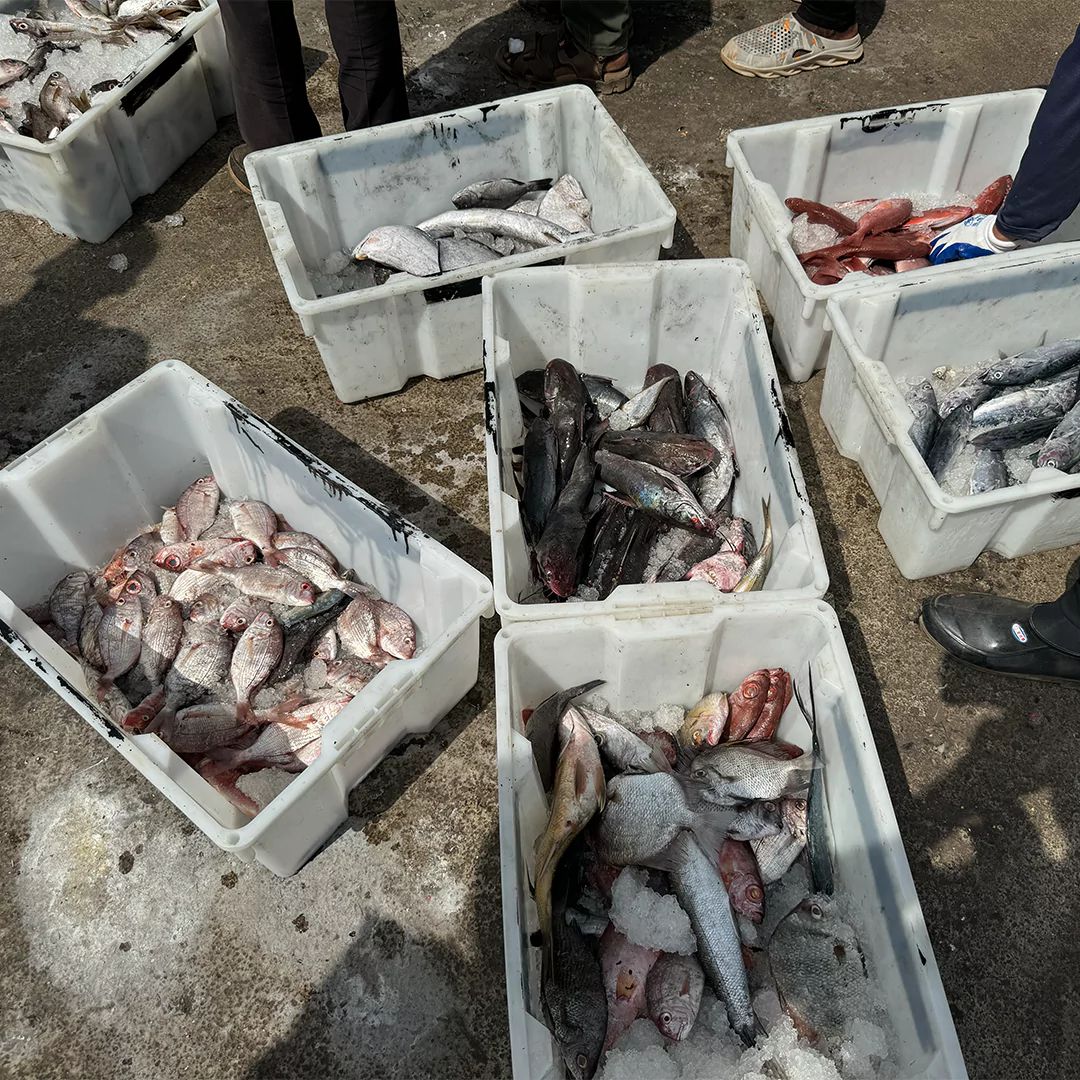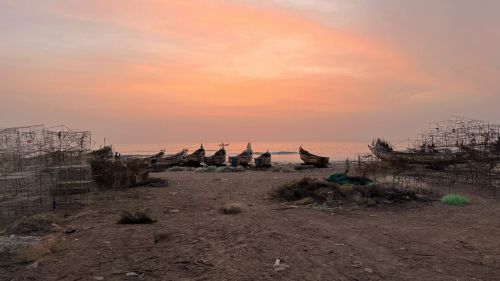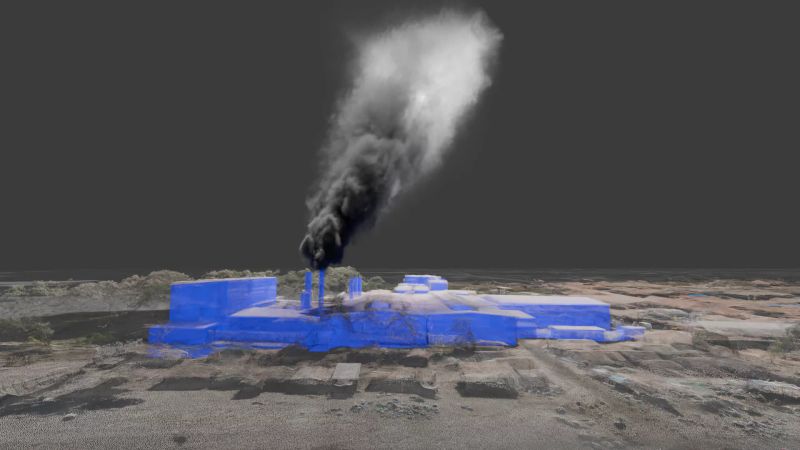Decolonial Agroecologies

Decolonial Agroecologies embraces ecological pluralism and, drawing inspiration from Malcolm Ferdinand’s Decolonial Ecology: Thinking from the Caribbean World, recognises the links between colonial history and the history of environmental exploitation. Ferdinand. Ferdinand terms the divide between colonial history and environmental exploitation the ‘double fracture of modernity’, a divide that separates environmental histories, theories, and issues from the histories and theories of colonialism and slavery and their resistances. He argues that to fully address ecological crises, we must move beyond this double fracture both in the present and in the past. Decolonial agroecologies seeks to do just this and expands Ferdinand’s concept to agroecology, which broadly, can be defined as “the integrative study of the ecology of the entire food system, encompassing ecological, economic and social”.1 Overcoming some of the critiques levelled at agroecology for reinforcing colonial tropes and unequal power structures,2 decolonial agroecologies instead considers the racial inequities rooted in colonial histories and the ongoingness of climate coloniality.3
It recognises diverse epistemologies and the diverse temporalities of climate change, that Potawatomi scholar Kyle Whyte (2017), among others, has drawn attention to. Rather than a future trend, Indigenous persons and allies examine climate change as the experience of going back to the future. As the collective The Wretched of the Earth wrote in response to predominantly white environmental organisations claiming that the world ‘is on fire', for many people ‘the house has been on fire for a long time’.4 Anthropogenic climate change is understood then as an intensified repetition of anthropogenic environmental change inflicted on Indigenous peoples via colonial practices that facilitated capitalist industrial expansion.5 These processes are embedded in an agrotechnological food system that aims to subsume and control through colonial knowledge systems, land possession and dispossession of human and nonhuman.
In (one of) the only (English language) publications to make use of the term ‘decolonial agroecology’, Sophie Sapp Moore suggests: ‘Decolonial agroecology is a knowledge project and a project of being. It aims to ‘destabilize forms of scientific knowledge and political activity that depend on Western ideas of nature and knowing; recognise the erasure of indigenous peoples in the foundational violence of the global capitalist agroecosystem; and recognise the need for the constitution of agrarian worlds that delink the production of scientific knowledge in post-plantation geographies from the continued accrual of material and epistemic wealth to the global North’.6
Decolonial agroecologies goes further to also connect the past and present displacement of people as key to the capitalist agroecosystem. As Rob Nixon has suggested, displacement should not simply be understood as “the movement of people from their places of belonging,” but also as “the loss of the land and resources beneath them, a loss that leaves communities stranded in a place stripped of the very characteristics that made it inhabitable”.7 These forms of “accumulation by displacement” 8are visible in many contemporary borderzones, where contested political ecologies are deeply intertwined with histories of dispossession and migration. Timothy Raeymaekers’ research with African agricultural migrants workers in Italy evidences the tight relation between agri-food capitalism, the climate crisis and (unequal) mobilities.9 Raeymaekers highlights the ironies and inequities of this food system, in which capital is increasingly held by large agri-businesses, an example given being Ghana, a country that shifted from being a major regional exporter to the largest importer of tomato concentrate in Africa, mainly from Italy and China.10 A shift which also led to those who once worked in Ghanian tomato fields, both Ghanaians and West African migrant workers, becoming informal migrant workers on the tomato fields in Italy. He thus highlights the paradox of extractive operations rooted in racial capitalism that actively transform the earth and human bodies into productive commodities whilst simultaneously destroying the very foundations of life that sustain them.
Drawing parallels between the drowning of those who sought to cross the English Channel in November 2022, where 27 people lost their lives, and those at risk of sinking under sea level rise, Malcolm Ferdinand stresses ‘[b]oth events are results of colonialism and the ways our planet’s resources are unequally distributed’.11 Whilst Ferdinand refers to ‘drowning people’, this is not to construe such people as passive victims, but rather subjects exposed to the unequal harms of the racialized structures of the global extractivist economy, who should be listened to. Attention is drawn to how such vulnerability to harm is produced, racialized, and its rootedness in the ongoingness of colonial regimes and extractive practices. Yet this is not without resistance. For example, as the Climate Pacific Warriors state in their slogan “We are not drowning. We are fighting”. The slogan adopted as ‘an anti-narrative to the dominant story told about a people’, and a means of finding a way to ‘tell stories that are not rooted in whiteness’.12 Decolonial agroecologies recognises that engaging with diverse epistemologies is invaluable for ecological pluralism and new modes of production that move away from extractive processes. It calls for new ways of inhabiting the earth, and, in line with feminist theorists, for rethinking care as resistance, as ‘[a] species activity that includes everything that we do to maintain, to continue, and to repair our world so that we can live in it as well as possible. That world includes our bodies, our selves, and our environment, all of which we seek to interweave in a complex, life-sustaining web’.13 What Stefania Barca14 terms ‘earthcare labour’ a specific type of care labour – that of tending to nonhuman nature (soil, water, nonhuman animals, plants, etc.) that are part of the web of interdependencies which keep people alive. Through nurturing and replenishing human bodies, and protecting and regenerating nonhuman nature and habitats, earthcare labour may counteract the depleting effects of the global extractive system. This is a type of a type of ‘radical care’ that aims at producing new, anti-extractive, commoning relations among people and between them and their environments.15



